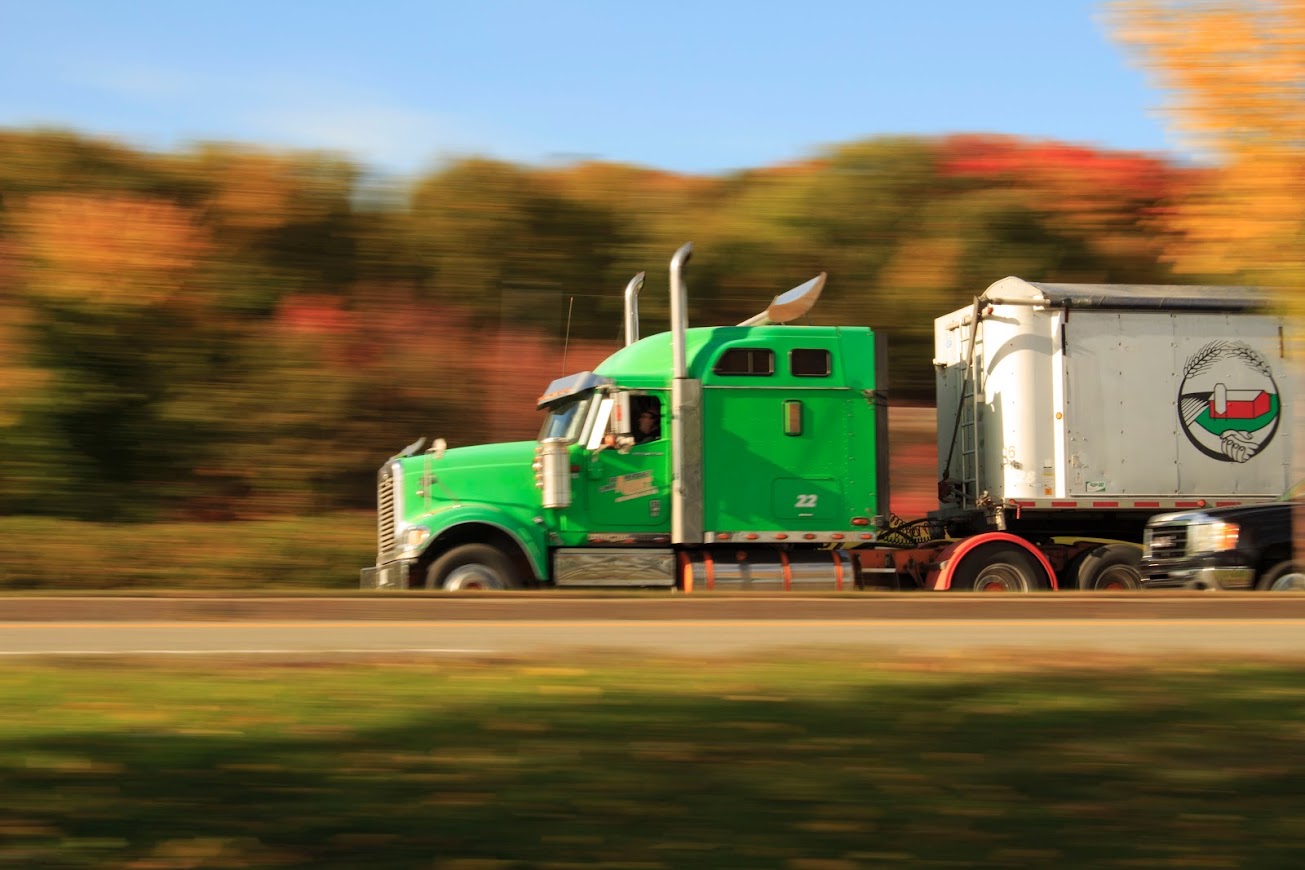Any small business that deals in physical products will need to ship those goods to their customers. Even small, single-person operations need to consider the logistics of moving their goods from point A to point B. However, the logistics industry can be a complex place, and many small business owners may be unfamiliar with the most suitable options for their needs.
The three most common options for transporting goods by truck are full truckload (FTL), less-than-truckload (LTL), and parcel. Parcel shipment refers to sending individual packages with a carrier. Since parcel shipping often is not suitable for businesses that need to send bulk freight, this guide will focus on explaining the intricacies between LTL and FTL freight shipments.
What Is FTL and When Do You Need It?
Full truckload shipments allow you to contract an entire truck for your business. You’ll have access to a full trailer to fill with your goods. FTL shipments typically work best when you need to send many products to a single location. Since FTL is usually much more expensive than LTL, you’ll want to ensure you can fill an entire truck to maximize the value of your contract.
In addition to offering more space for your goods, FTL service has several other meaningful advantages. Since the truck driver will only be delivering your goods, you don’t need to worry about potential delays or stops. Your shipment will go from its point of origin to its destination as quickly as possible, making this a reliable form of service when quick delivery is more critical than low cost.
However, FTL service can also be a cost-effective option under certain circumstances. When sending many goods to one location, working with multiple LTL carriers can be costly. In these cases, it’s often better to work with an experienced freight management company to determine if FTL service may better fit your time and budget requirements.
What Is LTL and When Do You Need It?
Unlike FTL shipments, less-than-truckload shipments allow you to ship smaller loads by placing your goods on a truck with goods from other shippers. In other words, LTL shipping is effectively the bulk freight equivalent to parcel shipping. The truck may make multiple stops, and your goods may even travel on more than one truck before arriving at their destination.
LTL has numerous advantages over FTL shipping, especially for small businesses. FTL shipping is an incredibly costly and inefficient option if you can’t fill an entire truck trailer. On the other hand, LTL allows you to pay only for the space you need. Although you may pay more on a per pallet basis, you’ll spend less overall than you would if you shipped a partial load with FTL service.
LTL can also be a cost-efficient option if you need to ship goods to multiple destinations. FTL service typically only travels from a single point of origin to a single destination, and you’ll pay more if you need to ship to multiple receivers. With LTL shipping, you can utilize multiple trucks to send your goods to more than one receiver, often saving a substantial amount of money in the process.
Which Option Makes Sense for Your Business?
Although LTL and FTL freight each have clear advantages and disadvantages, the best option for your business may not be as apparent. In some cases, you may need to receive quotes from multiple motor carriers to determine the quickest and most cost-effective option for your shipment size. In these cases, a dedicated shipping management company can help you find a reliable and affordable carrier.
JB Shipments has the experience to help you navigate the world of logistics and find a motor carrier suitable for your business requirements. Get in touch with us today so that we can help you solve your product shipment needs.

